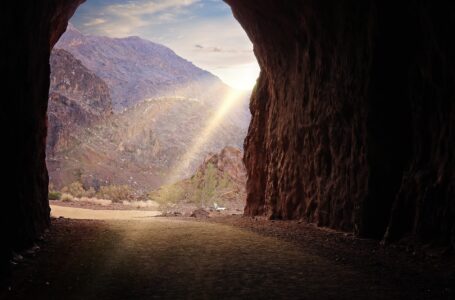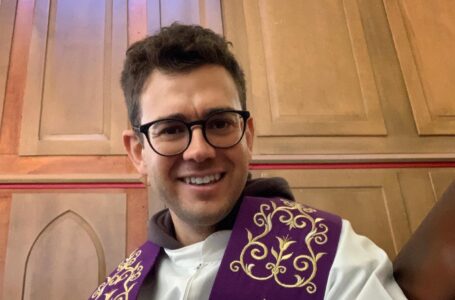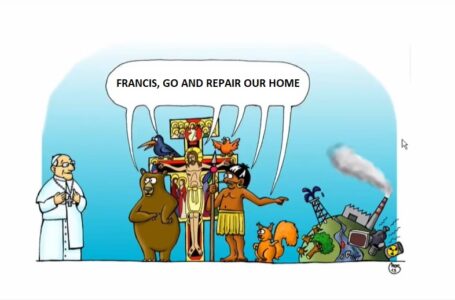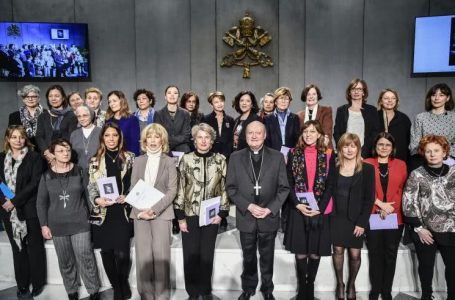Protecting Nature – Insights From the Christian & Jewish Tradition
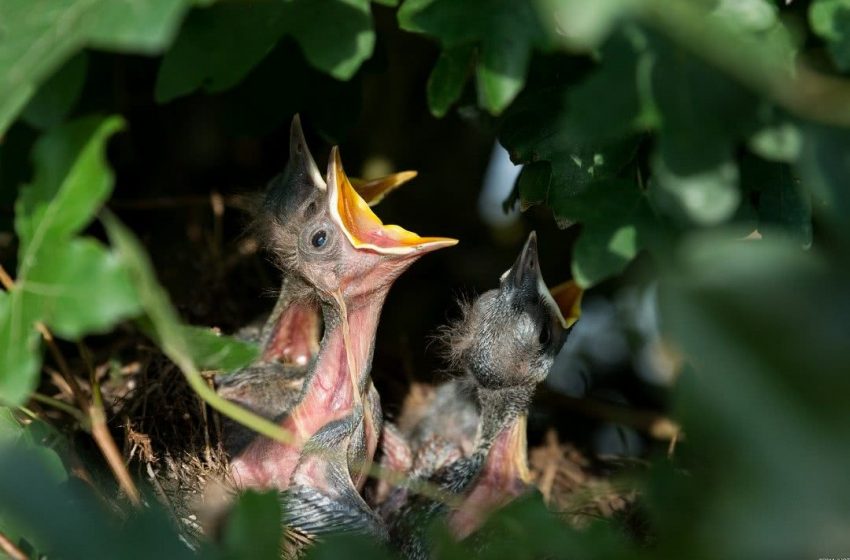
Fr Mark Ciantar OFM offers his reflections about protecting nature from a Christian and Jewish perspective, both from his research and experience he had at Frate Jacoba House in Marsascala…
“A message from the church, mosque, synagogue or temple, has more power to motivate action than an economic message”
‘There are many ways in which people have sought to make climate change personally salient and actionable through self-interest, such as national security and human health. But the Pope’s recent encyclical letter, On Care of Our common Home‘ has elevated the importance of religious morality as a motivator. It’s a bold appeal to re-evaluate our worldviews, values and spiritual beliefs and elevate climate change and the broad sweep of environmental issues beyond that of strictly an “environmental issue, a label that has ghettoised the issue as one that is associated with a liberal environmental movement. When people hear the message to address climate change and protect the environment from the church, mosque, synagogue or temple, it will have far more power to motivate action than a regulatory or economic message ever will. Religion, unlike any other institutional force in society, has the power to directly influence our values and beliefs’.
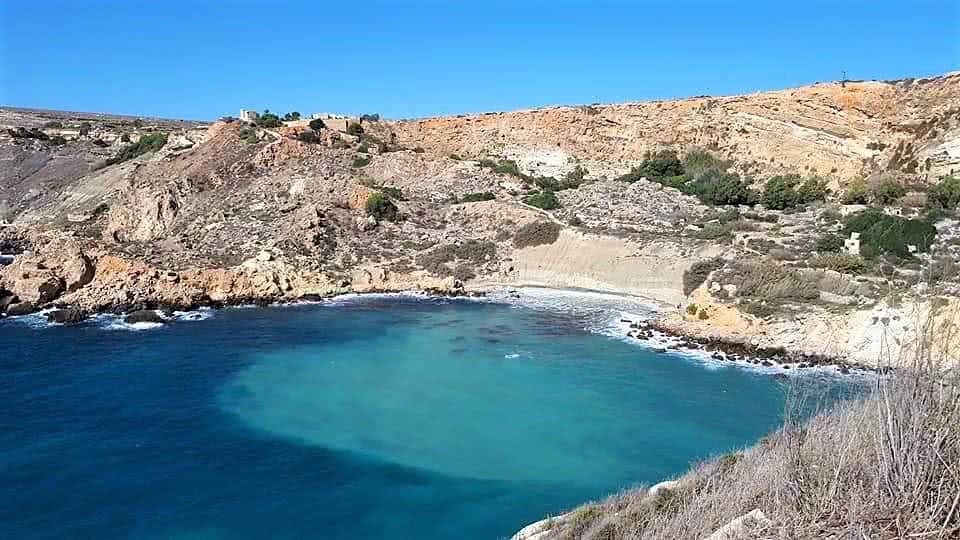
Earth and man need to enter a relationship of mutual responsibility
Pope Francis admits that for a long time the Church has misinterpreted the sacred texts of Genesis. ‘The biblical texts are to be read in their context, with an appropriate hermeneutic, recognising that they tell us to “till and keep the garden of the world “(cf. Gen 2:15). “Tilling refers to cultivating, ploughing or working, while “keeping means caring, protecting, overseeing and preserving. This implies a relationship of mutual responsibility between human beings and nature. Each community can take from the bounty of the earth whatever it needs for subsistence, but it also has the duty to protect the earth and to ensure its fruitfulness for coming generations. “The earth is the Lord’s (Ps 24:1); to him belongs “the earth with all that is within it (Dt 10:14). Thus God rejects every claim to absolute ownership” (On Care of Our Common Home 67).
The concern for creatures in the Bible
One of the central themes of the encyclical is found in the second chapter. Quoting from the document: ‘The laws found in the Bible dwell on relationships, not only among individuals but also with other living beings. “You shall not see your brother’s donkey or his ox fallen down by the way and withhold your help If you chance to come upon a bird’s nest in any tree or on the ground, with young ones or eggs and the mother sitting upon the young or upon the eggs; you shall not take the mother with the young (Dt 22:4, 6). Along these same lines, rest on the seventh day is meant not only for human beings, but also so “that your ox and your donkey may have rest (Ex 23:12). Clearly, the Bible has no place for a tyrannical anthropocentrism unconcerned for other creatures” (On Care of Our Common Home 68).
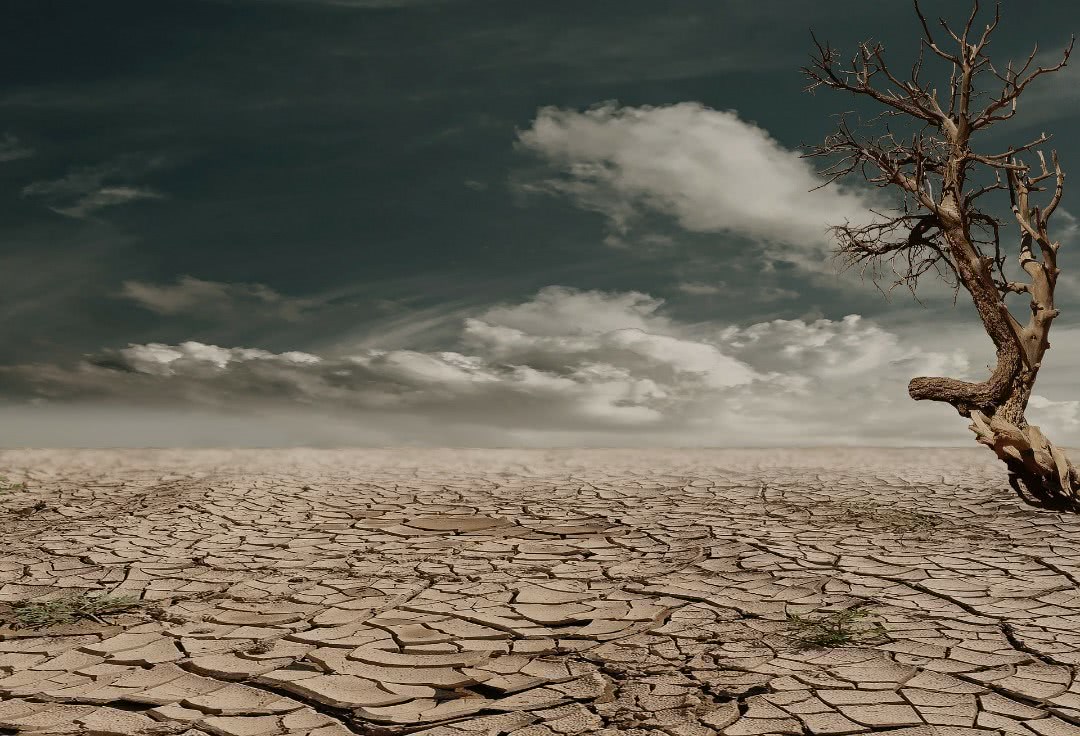
The Torah warns us that if we refuse to let the Earth rest, it will “rest anyway”
These words were echoed in a Rabbinic Letter on the Climate Crisis issued shortly after the official publication of On Care of Our common Home’, and eventually signed by more than 425 rabbis from all over the world. ‘The texts of Torah that perhaps most directly address our present crisis are Leviticus 25-26 and Deuteronomy 15. They call for one year of every seven to be.. a Sabbatical Year.. and a Year of restful Release for the Earth and its workers from being made to work, and of Release for debtors from their debts. In Leviticus 26, the Torah warns us that if we refuse to let the Earth rest, it will “rest anyway, despite us and upon us , through drought and famine and exile that turn an entire people into refugees. This ancient warning heard by one indigenous people in one slender land has now become a crisis of our planet as a whole and of the entire human species‘.
Protecting nature and social problems need one comprehensive solution
In the second chapter, the Pope then reminds us of an ancient teaching in the Bible that living beings have a value of their own, and not merely in view of their usefulness for human beings (On Care of Our Common Home 69). Even more so, because ‘in the Christian understanding of the world, the destiny of all creation is bound up with the mystery of Christ, present from the beginning: “All things have been created though him and for him” (Col 1:16)’ (On Care of Our Common Home 99).
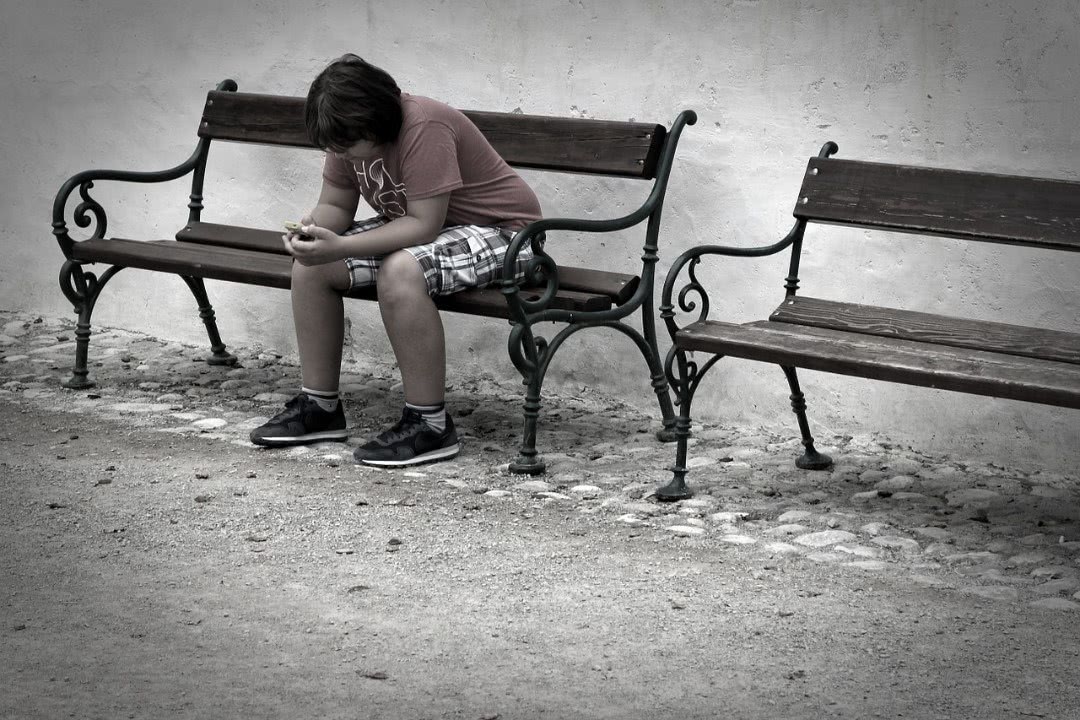
Undoubtedly, a key concept in the present Church’s social magisterium is that of integral ecology. In Pope Francis’ words, ‘Given the scale of change, it is no longer possible to find a specific, discrete answer for each part of the problem. It is essential to seek comprehensive solutions which consider the interactions within natural systems themselves and with social systems. We are faced not with two separate crises, one environmental and the other social, but rather with one complex crisis which is both social and environmental. Strategies for a solution demand an integrated approach to combating poverty, restoring dignity to the excluded, and at the same time protecting nature’(On Care of Our Common Home 139). Similarly, the Rabbinic Letter on the Climate Crisis states that ‘justice and earthiness cannot be disentangled. This is taught by our ancient texts , teaching that every seventh year be a Year of Release… in which there would be not only one year’s release of Earth from overwork, but also one year’s sharing by all in society of the Earth’s freely growing abundance, and one year’s release of debtors from their debts… So we call for a new sense of eco-social justice… that includes… the healing of our planet‘.
“I still believe that people are really good at heart”
In her famous Diary, Anne Frank wrote the following: “In spite of everything I still believe that people are really good at heart. I simply can’t build up my hopes on a foundation consisting of confusion, misery, and death. I see the world gradually being turned into a wilderness, I hear the ever approaching thunder, which will destroy us too, I can feel the sufferings of millions and yet, if I look up into the heavens, I think that it will all come right, that this cruelty too will end, and that peace and tranquility will return again.” It is the same kind of optimism that Pope Francis promotes in the last chapters of his encyclical, where he reiterates the need of personal conversion, education and dialogue as tools for change.

I find these words of Leonardo Boff very inspiring as a way forward: ‘Because of the inseparability of the ecological and the social, the looming depletion of resources could lead to social unrest of great proportions.. Our system does not have the tools to solve the problems it has created.’ As Albert Einstein eloquently stated, “We cannot solve the problems using the same kind of thinking we used when we created them. We have to think and act differently. The Earth Charter explicitly states, and Pope Francis has repeated, “Common destiny beckons us to seek a new beginning. This requires a change in the mind and in the heart. It requires a new sense of global interdependence and universal responsibility to reach a sustainable way of life locally, regionally, nationally and globally. This is the foundation for a different way of inhabiting the Common Home in which material resources are finite. In contrast, human and spiritual capital are inexhaustible because they are intangible and include limitless values such as love, solidarity, compassion, reverence, and care. This places life at the centre: the life of Mother Earth, the life of nature, and human life‘.

Heeding Pope Francis’ call and following his example, I too would like to conclude with a prayer as written by the Jewish poet Leah Goldberg:
‘Teach me, O God a blessing, a prayer , on the mystery of a withered leaf, on the splendour of ripened fruit, on this freedom to see, to feel, to breathe, to know, to hope, to despair. Teach my lips a blessing, and a song of praise. As You renew your time with morning and with night , lest my day today be like the one before, lest my day become routine’.
Fr Mark Ciantar OFM gave this presentation on Protecting Nature at the Interfaith seminar held at Millenium Chapel on the occasion of the closure of the Season of Creation on the 4th October 2017. Fr Mark presented the Jewish perspective in the absence of Rabbi Chaim Chabad Segal.
